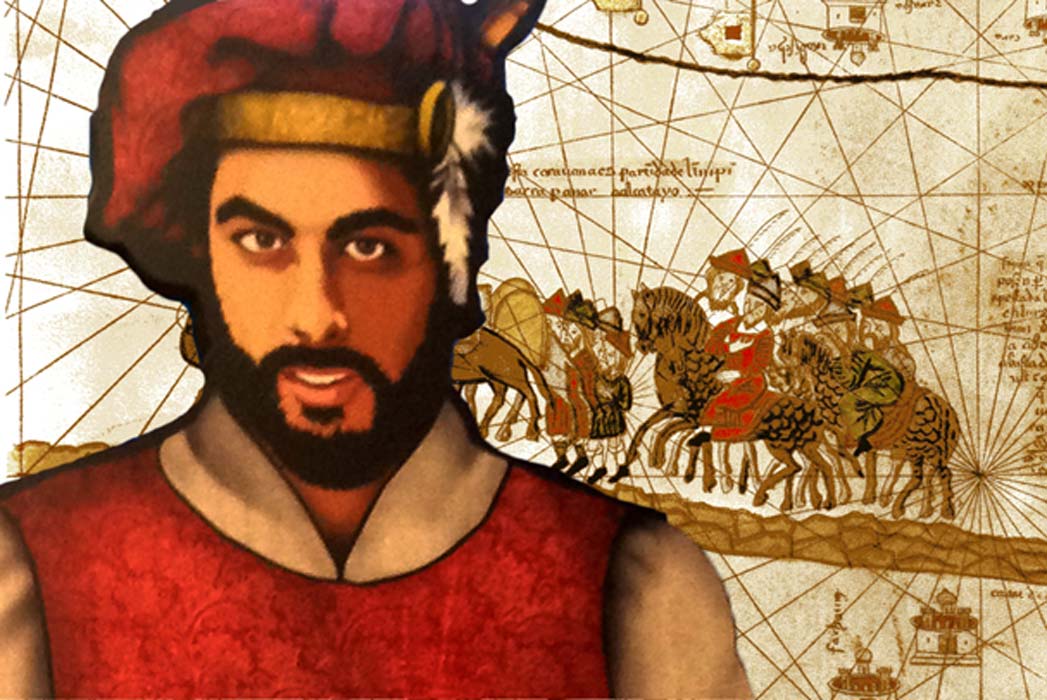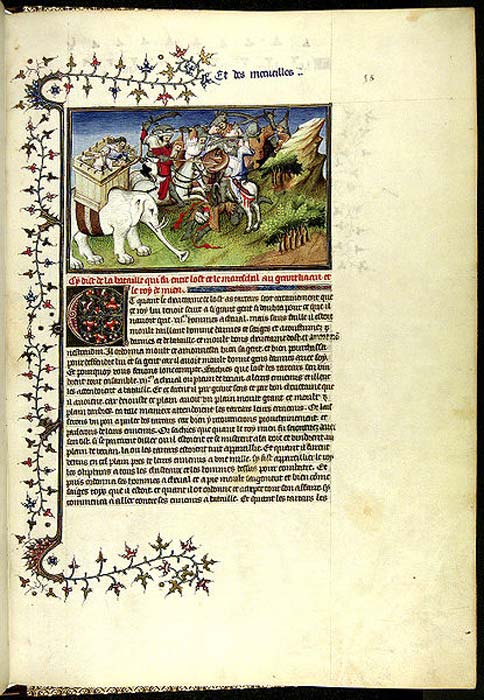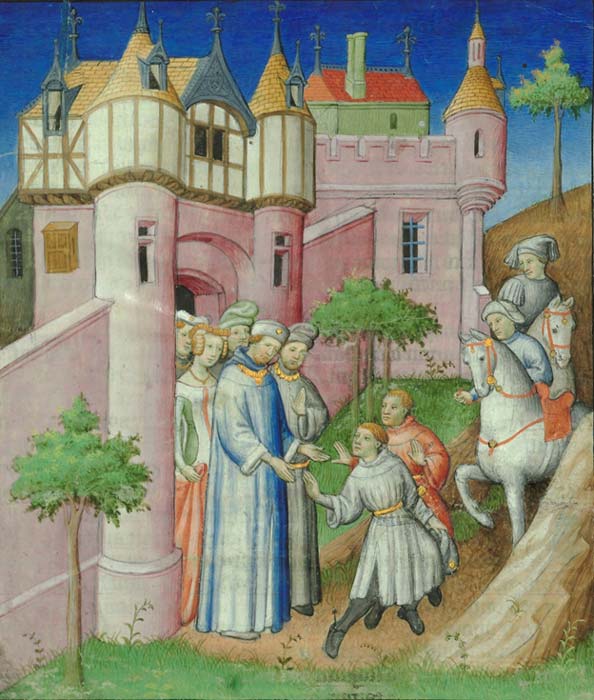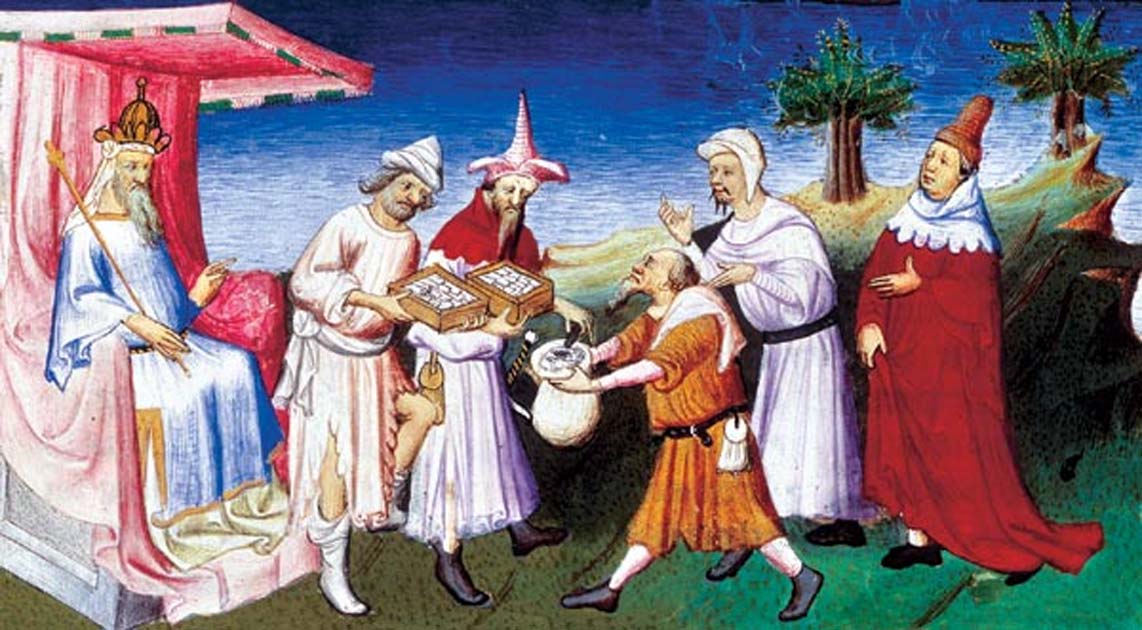
Is Marco Polo a Fictional Character? Challenging the Historical Tale of the Merchant Traveler
Based upon historical analyses, it is unlikely that a person named Marco Polo who visited China in the 1200’s existed.
Before presenting this argument, here is an analogy: if people do not know that Stephen King is an author of fictitious works, they could pick up the book Misery and believe the events actually occurred. In it, a psychologically deranged woman, Annie Wilkes, holds author Paul Sheldon hostage and, by means of torture, forces him to write. If readers wanted to verify the information contained within, they could check records and find several people named Paul Sheldon in Maine, where the described events occurred; A couple of them are even writers. Lending more support to their theory, women named Ann Wilkes live in the same state. Perhaps there is some record of at least one of them having mental problems. Such readers could think that Paul Sheldon told Stephen King about his ordeal, who penned the tale. Skeptical readers will look for factual support outside the narrative. Finding none, they will look to see what other books Stephen King has written. Considering that there is no documentation to support the events in the text and the fact that Mr. King’s other books are fictional, readers who think critically will dismiss the tale as fiction. However, for some reason, people all over the world believe that an Italian named Marco Polo who went to China existed—despite the absence of evidence.
- End of the Enigmatic Christopher Columbus: A Man at Last Emerges to Eradicate the Myth
- The Monk and the Poet: Meet the Rebels behind the Legendary “Journey to the West”
- The Life and Adventures of Marco Polo
- WATCH: Deception, Trickery & Conspiracy: The End of the Italian Christopher Columbus, with Manuel Rosa
They believe this because it is in a book, even though it is known that Marco Polo did not write the book. The fiction author Rustichello da Pisa wrote it. Also known as Rusticiano, he wrote many fictional works, including his famous Roman de Roi Artus (King Arthur’s Romance). According to legend, Genovese authorities imprisoned him in 1284. Fourteen years later, Marco Polo was allegedly held at the same location after Genova and Venice began fighting. This is called the Battle of Curzola, and conflicting stories make it impossible to say much with certainty about what happened. Nevertheless, there is no supporting evidence that either Rustichello or Polo were imprisoned at this location. Therefore, there is no evidence that they met; there is also no evidence that someone named Marco Polo related his life events to a fiction author.

Marco Polo, Il Milione, Chapter CXXIII and CXXIV, page from the Book "The Travels of Marco Polo" ("Il milione"), originally published during Polos lifetime 1298-1299, but frequently reprinted and translated. The army of the Khan attacking the rebellious King of Mien (now Burma). Note that Polo describes the King attacking the Khan with elephants, whereas the illustrator depicts the Khan attacking the King with elephants. (Public Domain)
The Polo Family
No version of the so-called Marco Polo’s book passes historians’ scrutiny if they use the same standards used to judge other texts’ reliability. Written in French, the earliest edition of Devisement du Monde (Description of the World) was most likely published in 1298, and it was short. Subsequent volumes, written tens if not hundreds of years later, were expanded; the shortest was the original, so if someone named Marco Polo actually wrote it, it would be the most accurate source of information available. The book begins with a scanty description of Maffeo’s (Marco’s father) and Niccolo’s (his uncle) journey to sell their wares abroad. They supposedly arrived in Constantinople in 1260 and their stay was profitable.

The Polos leaving Constantinople in 1259-1260. "Le Livre des Merveilles", 15th century. (Public Domain)
In an effort to make even more money, they went to Sudak, where they bought and sold goods from various traders. Deciding to explore further, they headed to Bukhara, where they continued to sell their wares. In all, they supposedly earned a great deal of money. According to the tale, they could not return to Constantinople because a war had broken out between Berke Khan and Hulegu Khan. Therefore, they headed to Karakorum and allegedly met Kublai Khan, who was Temujin’s (Genghis Khan’s) grandson.





